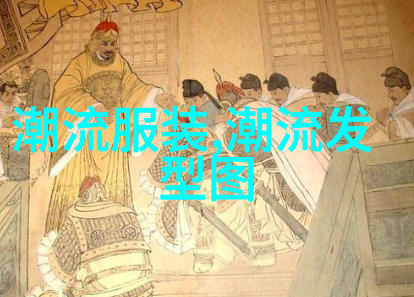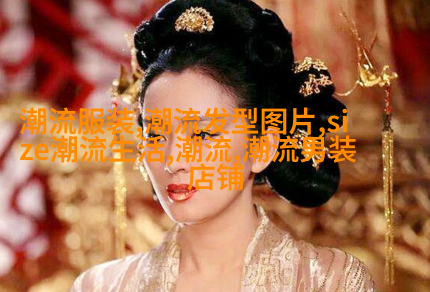Runway Renaissance The Resurgence of Sustainable F
Runway Renaissance: The Resurgence of Sustainable Fashion in Modern Times

The Shift Towards Eco-Friendly Materials
The fashion industry has long been criticized for its environmental impact, from the production and transportation of raw materials to the disposal of garments at the end of their life cycle. However, a growing number of designers are now turning towards sustainable materials as a means to reduce this footprint. From organic cotton and recycled polyester to innovative uses for pineapple leaves and mushroom-based fabrics, eco-friendly materials are becoming increasingly mainstream on the runway.

Innovative Textile Technologies
Innovative textile technologies have emerged as key players in driving sustainability forward in fashion design. For instance, advances in nanotechnology have led to the development of self-cleaning fabrics that require less water and energy to maintain their appearance over time. Additionally, developments in biodegradable textiles offer an alternative to traditional synthetic fibers that can take hundreds or even thousands of years to decompose.

Upcycling & Repurposing
Upcycling – or transforming waste into something new and valuable – is another trend gaining traction on the fashion scene today. Designers are experimenting with repurposing discarded items such as plastic bottles, cardboard tubes, and even old clothing into unique pieces that not only minimize waste but also challenge our perceptions about what constitutes "fashionable." This approach not only reduces environmental impact but also sparks conversations around consumption patterns.

Circular Economy Principles
Fashion brands are increasingly embracing circular economy principles by adopting business models that encourage sharing, leasing, product-as-a-service offerings rather than traditional ownership models based on fast consumerism cycles (buy-use-discard). By doing so they reduce waste while fostering a more equitable distribution of resources throughout their supply chains.

Consumers' Role in Driving Change
Ultimately however it is consumers who hold significant power over how sustainable fashion trends develop going forward – through making conscious purchasing decisions regarding where they spend money; choosing second-hand shopping; participating actively online social media platforms voicing support for environmentally responsible practices within their favorite brands; investing time researching labels committed ethical sourcing practices - every choice made counts!